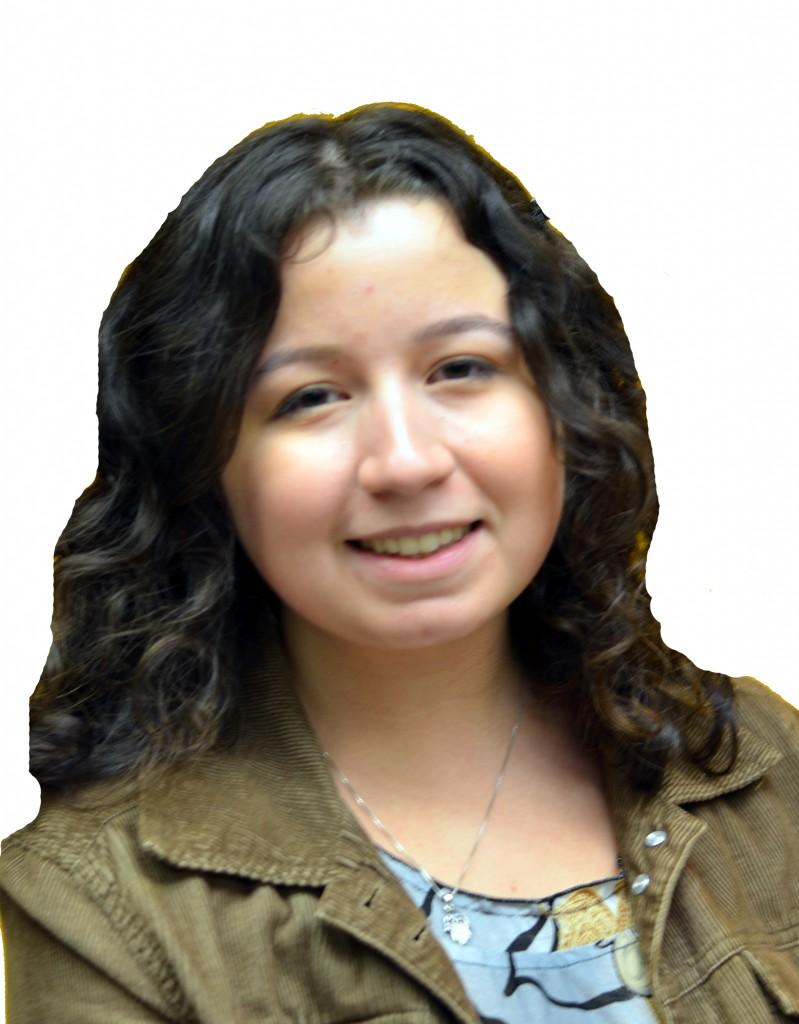Election season is over and everything goes back to normal. Americans voted for the person they believed reflected their beliefs and would do the best job at running the country. During this election, religion was a fairly popular topic. During the vice presidential debate, the moderator brought up the fact that both the candidates were Catholic. Despite coming from a similar religious background, Vice President Joe Biden and Rep. Paul Ryan (R-Wis.) had different views on a variety of topics. During my Bible study this week, we examined the place religion has in politics.
So where is religion in politics?
I believe that God transcends politics, but religion, a systematic way of approaching personal belief and faith, does not. I will start out by stating that I am an adamant supporter of the separation of church and state. I will not push my religion on you as long as you do not push yours on me. There is, however, always the case that people cannot separate their religion from their politics. This is because their religion influences their moral values, which in turn can influence their political beliefs.
My religion certainly affects the way I go about things, but I try to keep deep, personal beliefs away from political beliefs. Don’t get me wrong; there are times where my personal beliefs and political beliefs cross, but I try to remain objective regarding politics.
I’ll use the issue of abortion to illustrate this. Personally, I don’t like abortion. While I certainly support it in cases of rape and incest, the concept makes me uneasy. Nonetheless, I am pro-choice because I believe the government should not intervene in what a woman does with her body. This is simply a difference between personal and political beliefs.
There are cases where personal and political beliefs march side by side. For example, I support same-sex marriage on a personal and political level. I adhere to the belief that God loves everyone and that we should love each other. I see a ban on same-sex marriage as a form of oppression, so I don’t support it personally or politically.
Part of this column was inspired by a post I saw on BuzzFeed (where I go when I want to avoid personal responsibilities), where Northwestern College (Minn.) students held up signs to explain why they voted for an amendment in Minnesota that would have defined marriage as strictly between a man and a woman. For the most part, the students related their political beliefs to their religion. I guess this is a case where religious and political beliefs march side by side, too.
There is no winning in politics. It seems like no matter what, there are always going to be unhappy people. I think it is important for people to remain objective about their political beliefs, to look at the bigger picture. Part of the reason many people are complacent about incorporating religion into politics is because we have not had many American politicians with radically different religious beliefs. For the most part, politicians seem to be Protestant and Catholic and very little else.
Maybe that’s one place where we can start: incorporating more religions into politics, so that one religion does not have hold over the other politically. Or maybe we just need to incorporate more atheists, agnostics and other people who can make sure that religion has no place in politics. Or maybe there is no answer. Who knows? Do you?
Julianna Nunez is a Medill junior. She can be reached at [email protected]. If you would like to respond publicly to this column, email a Letter to the Editor to [email protected].









